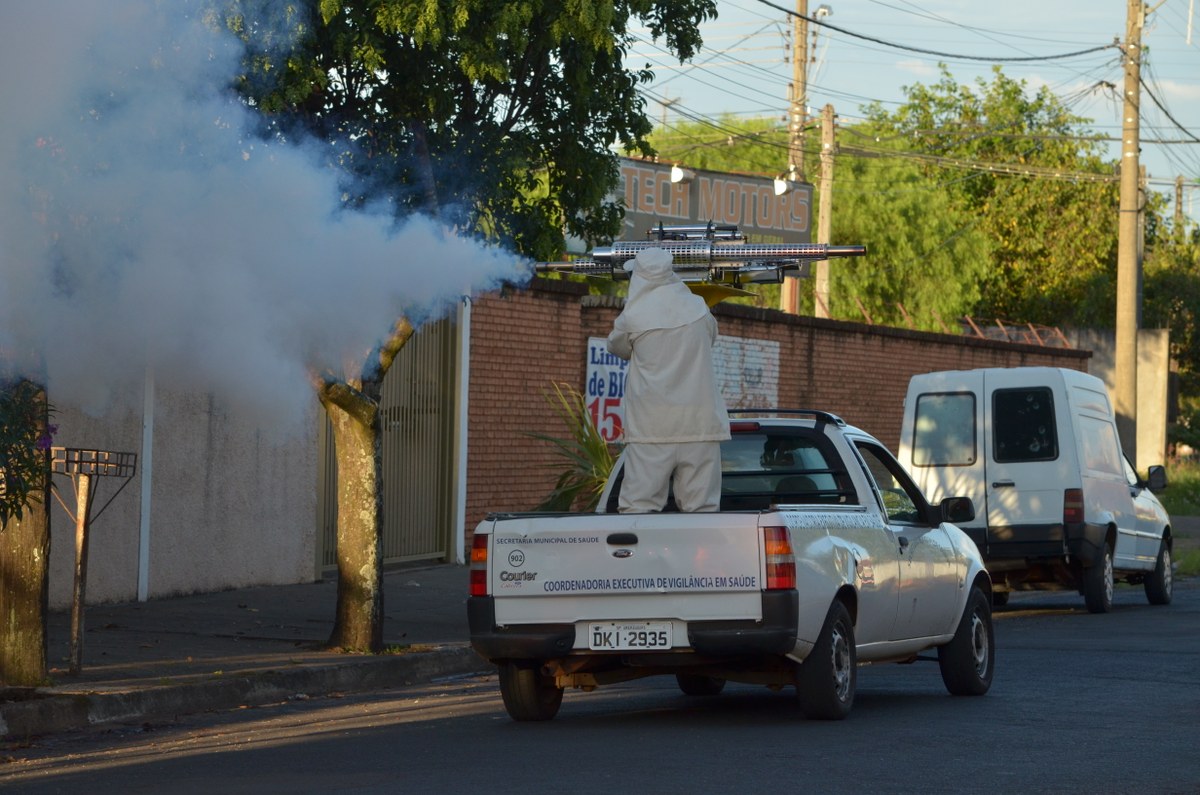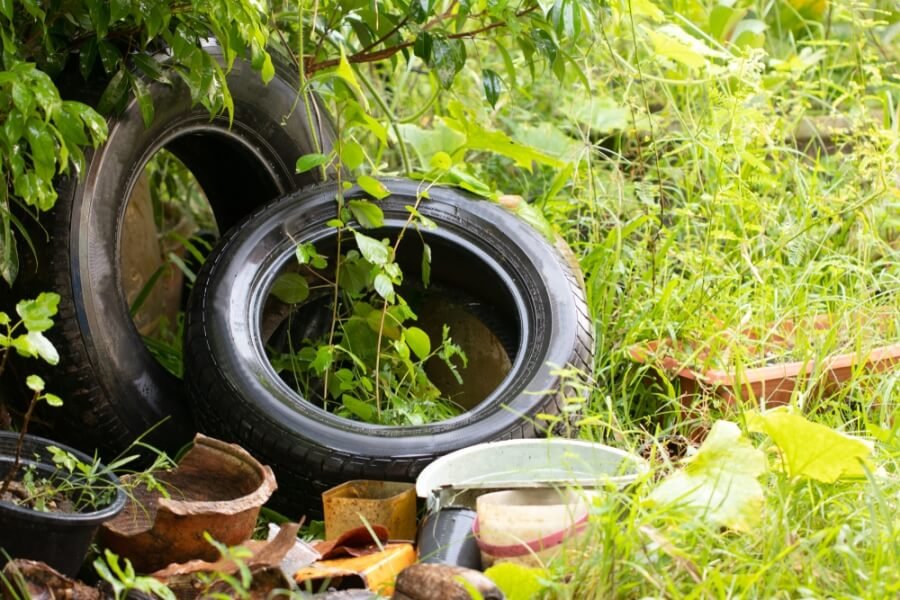By Arkady Petrov
RIO DE JANEIRO, BRAZIL – The state of Rio de Janeiro is short of insecticides used to contain adult Aedes Aegypti mosquitoes, carriers of zika, chikungunya, and dengue fever. The stabilization of the stock is dependent on the release of pesticides by the Ministry of Health, which are purchased through international bidding.

The information was given by the Superintendent of Epidemiological Surveillance of the State Secretariat of Health (SES), Mário Sérgio Ribeiro, during a public hearing of the Health Commission of the Legislative Assembly of the State of Rio de Janeiro (Alerj). “We hope that the number of cases will decrease with the arrival of winter so that we will not have to depend so much on insecticides,” he said.
Statistics
Ribeiro provided updated figures on arboviruses from the State Secretariat of Health. Between January and June, 4th of this year, there were 41,888 cases of chikungunya, 20,622 cases of dengue and 1,005 individuals infected by zika. In all, thirteen people died of chikungunya, ten in the municipality of Rio.
Alerj Health Committee Chair Martha Rocha (PDT) said she was concerned with the issue. “We have an alarming diagnosis. There have already been 13 deaths from chikungunya this year, and experts still say that the disease is not fully known. There are also constant misdiagnoses, and now there is news of insecticide depletion. I foresee challenging times in the state health sector,” she said.
Federal Deputy Márcio Gualberto said a better awareness campaign was needed. “It is necessary to change the culture so that the population takes preventive measures against the mosquito inside the house, by not keeping stagnant water, among other steps. I also think that there should be greater integration between municipal, state and federal public powers to overcome epidemics,” he said.

Ministry of Health
In an advisoryletter released on May 30th, the Health Ministry reported that the Health Surveillance Secretariat is working to minimize the risks caused by the shortage of insecticides. According to the note, due to the shortage, which affected not only Rio de Janeiro but also other regions, an attempt was made to borrow insecticide from other countries in South America. However, the product was unavailable.
“As a result of the shortage of supplies, the need to intensify routine actions to reduce the transmission of cases is reinforced, with home to home visits, the rescue of vacant properties, population mobilization and clean-up efforts. Vector control actions should be planned to be carried out permanently, promoting systematic coordination with all sectors of the municipality — education, sanitation, urban cleaning, etc.” says the note.
According to data released by the ministry, the state of Rio received 17,800 liters of insecticide to fight the Aedes Aegypti throughout 2018 and 4,800 liters by April 30th of this year.

